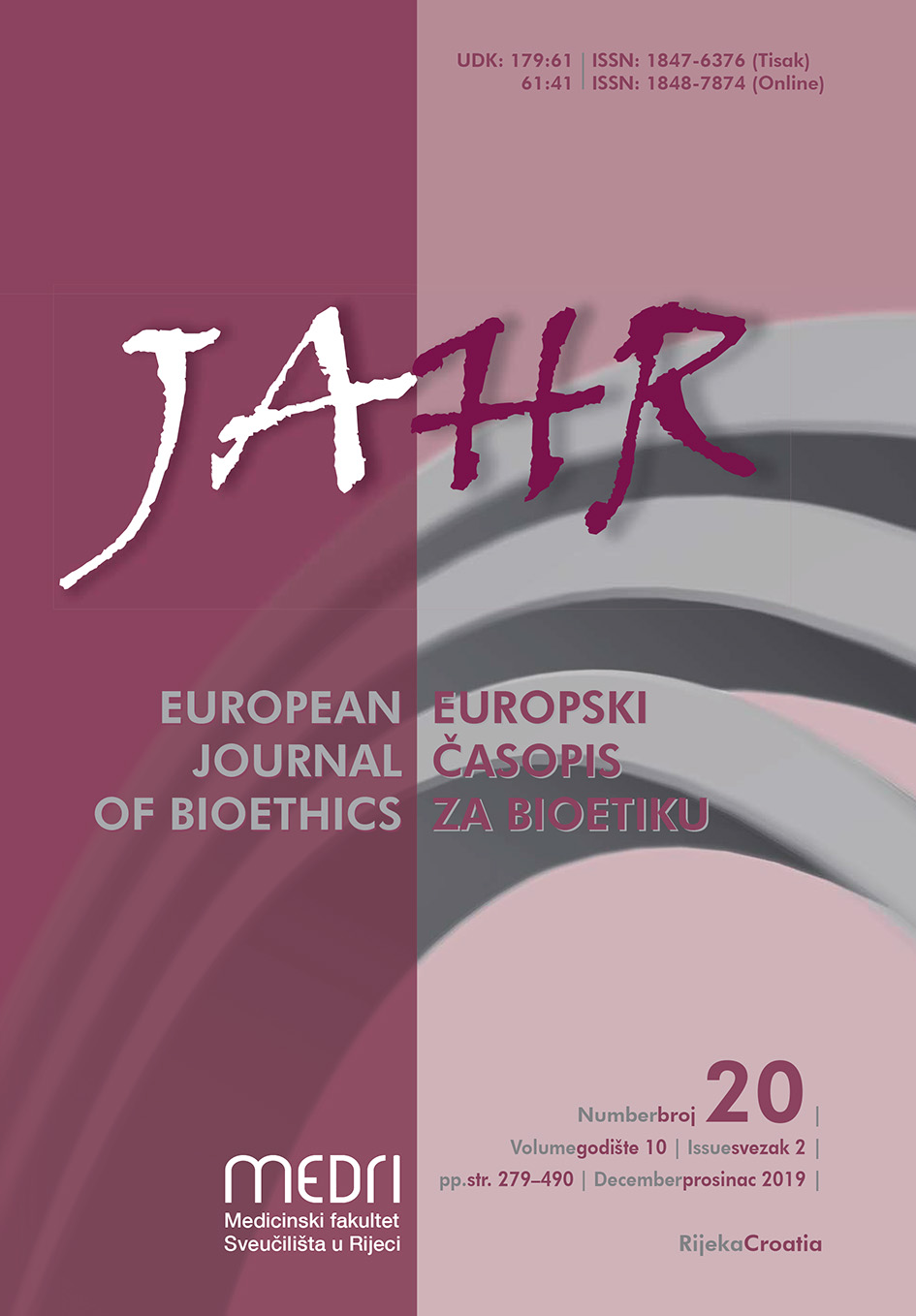Agriculture, GM and Ethics: The Case for India
Letter to the Editor
Sažetak
Successive Indian governments have and continue to see GM crops as the next saviour, after the Green Revolution of the 1960s, to feed India’s increasing population, already huge at 1.38b. Scientists at India’s agricultural research centres point to the country’s shrinking land and water resources, the degrading quality of its soils together with high input costs that have stagnated production as needing this new technology to maintain India’s food security.[1]
Yet GM crops in agriculture, introduced in the 2000s through Bt (Bacillus thuringiensis) cotton, remain highly controversial, with NGO-led protests and lawsuits that have stalled the introduction of GM food crops such as brinjal and mustard for years now, citing environmental, health, poor regulatory monitoring of corporate monopolies over seeds that jeopardise India’s majority small-farmers as significant reasons for concern.
Meanwhile, the inadequate administrative monitoring of this sector, together with several government and legal moratoria on the use of GM crops has certainly aided Bt seed companies to quietly spread the use of Bt seeds. Activists fear that multinationals are taking advantage of lax monitoring to push their own sales, such as in Monsanto’s Bt cotton ‘HT’, to be used together with Monsanto’s herbicide Roundup Ready containing glyphosate, a proven toxic already banned in certain South Asian countries. Or Bayer’s patent over DM H11 mustard, engineered for use with Bayer herbicide Basta!, containing glufosinate, another known toxin.
##submission.downloads##
Objavljeno
Broj časopisa
Rubrika
Autorska prava
Autori koji objavljuju u ovom časopisu slažu se sa slijedećim uvjetima:
- Autori zadržavaju autorska prava i dodjeljuju pravo časopisu na prvo objavljivanje uz istovremeno uvažavanje Creative Commons Attribution License koje omogućava drugima da dijele rad uz priznavanje njegova autorstva i početne objave u ovom časopisu.
- Autori mogu sklopiti zasebne, dodatne ugovorne dogovore o neekskluzivnoj distribuciji objavljene verzije rada (npr. objaviti ga u repozitoriju institucije ili ga objaviti u knjizi), uz priznavanje da je njegova početna objava bila u ovom časopisu.
- Autorima je dopušteno i ohrabruje ih se da objavljuju svoje radove putem društvenih mreža (npr. u repozitoriju institucije ili na njenim internetskim stranicama) prije i za vrijeme prijave obzirom da to može doprinijeti produktivnoj razmijeni te ranijeg i većeg citiranja objavljenog rada (Vidjeti: The Effect of Open Access).



